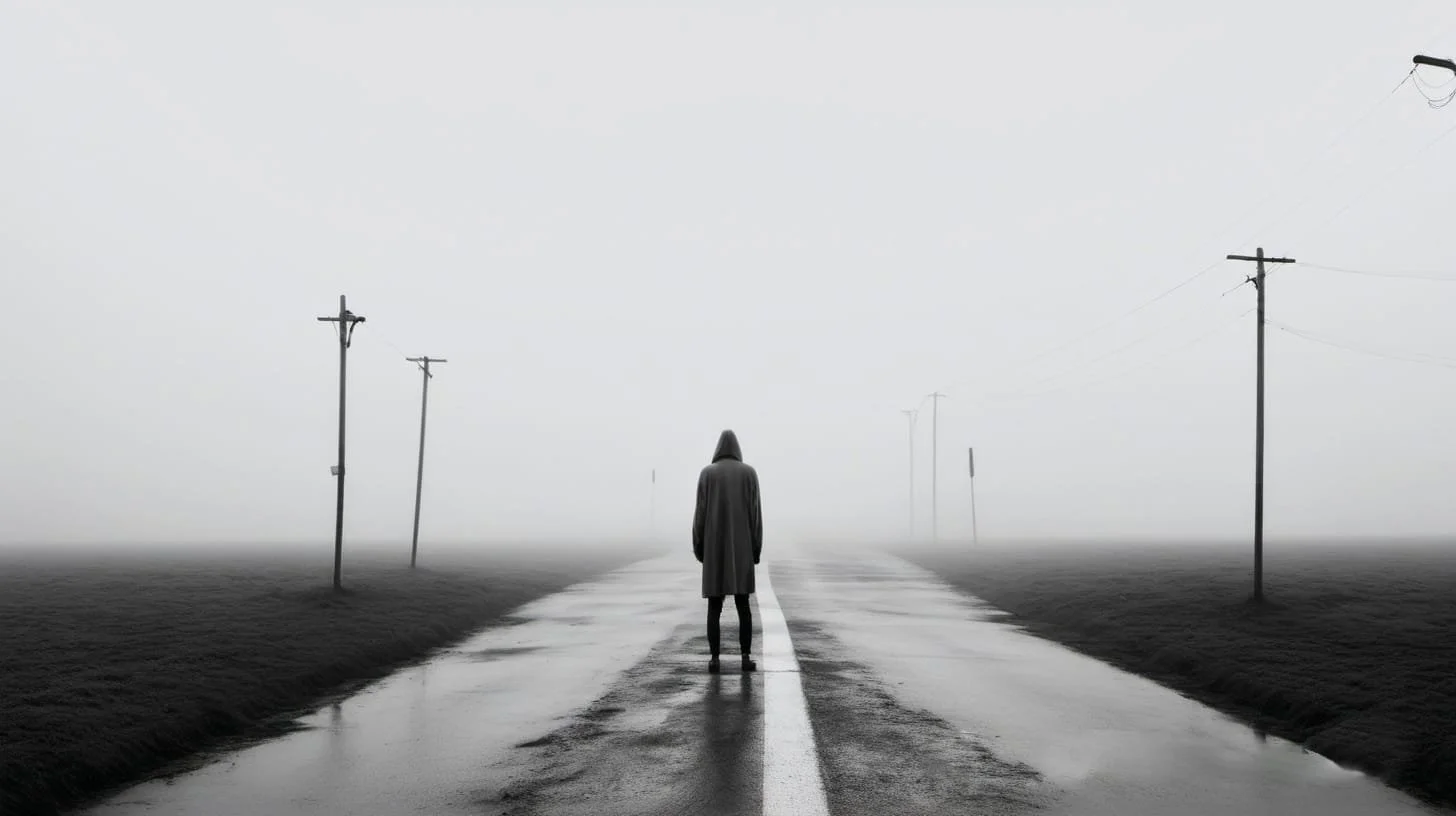At the Crossroads of Change
Rethinking the Political Paradigm
As we stand on the precipice of another election, the electorate faces a critical choice: to continue down the well-trodden path of 'ding, dong politics'—a back-and-forth pendulum swing between opposing yet strikingly similar ideologies—or to bravely step into the unknown, embracing a new paradigm that demands radical change, not just in policy but in our very way of thinking.
The current state of our political discourse reflects a deeper malaise within our society—a crisis of consciousness that has been long identified by thinkers such as Carl Jung, Aldous Huxley, Alfred North Whitehead, and Terence McKenna. These 20th century writers and philosophers have warned us of the perils of remaining shackled by outdated ideologies, urging us to expand our collective consciousness and embrace new models of thinking and being.
Jung, in his exploration of the collective unconscious, highlighted the importance of confronting and integrating our shadow aspects—both individually and collectively. This is eerily reflective of our current political landscape, where the shadow side of society—xenophobia, inequality, and environmental disregard—has often been ignored or exploited rather than acknowledged and addressed.
Huxley’s vision of a society numbed by comfortable distractions and superficial pleasures in ‘Brave New World’ is no less relevant today, as we grapple with the seductive distractions of consumerism and digital escapism, often at the expense of genuine societal engagement and progress.
Whitehead’s process philosophy, with its emphasis on the interconnectedness of all things and the importance of adapting to a constantly changing reality, offers a blueprint for a political system that is dynamic, responsive, and grounded in the reality of our interconnected global community.
And McKenna’s advocacy for a society that embraces novelty, creativity, and an expansion of consciousness points to the limitations of our current political discourse, which is often mired in dogma and partisanship, stifling innovation and genuine problem-solving.
What, then, should the electorate demand from its servants—the politicians—in this pivotal moment?
1. Embrace Complexity: We must demand leaders who acknowledge the complexity of global challenges and resist the temptation to offer simplistic solutions. This means valuing nuanced debate over sound bites, and embracing policies that are adaptive and responsive to new information and changing circumstances.
2. Foster Inclusivity and Diversity: Our leaders must represent the diverse talents of our society, bringing a wide range of perspectives and experiences to the table. This diversity is not just symbolic but is crucial for crafting policies that are equitable and just.
3. Promote Sustainability and Interconnectedness: Drawing from Whitehead and McKenna, our political discourse must prioritise sustainability and recognise our deep interconnectedness with the environment and each other. This involves rethinking our economic models, moving away from short-term gains towards long-term wellbeing for all.
4. Cultivate a Culture of Self-Reflection and Growth: Inspired by Jung, our political leaders should encourage a culture of self-reflection and personal growth, recognising that societal change begins with individual transformation.
5. Value Education and Critical Thinking: In the spirit of Huxley’s warnings, we must prioritise education that fosters critical thinking, creativity, and an understanding of complex global issues, preparing citizens to participate actively and thoughtfully in democracy.
As we approach the ballot box, we must ask ourselves: Are we ready for the challenge of real change? This requires not just a new set of policies, but a new way of thinking about success, value, and progress. It involves learning new pathways, embracing uncertainty, and, most importantly, cultivating a deep sense of empathy and responsibility towards each other and the planet.
The choice is stark, and the stakes could not be higher. Do we opt for more of the same, caught in an endless loop of reactive politics? Or do we dare to envision a new way forward, one that draws on the rich tapestry of human knowledge and experience to create a society that is truly reflective of our highest aspirations and values? The future is not pre-ordained; it is ours to shape, but it requires the courage to choose a path less travelled.
